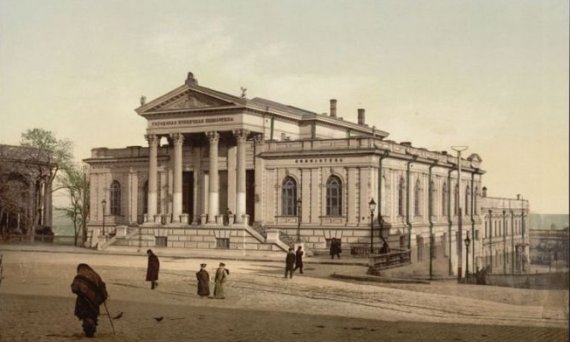In 1912, Russia held empire-wide elections to the Fourth State Duma, a parliamentary body established in 1905. In Odessa, the election campaign revealed that Russians fought not only about which candidate to elect, but also about underlying concepts of politics and democracy. When two rival newspapers, Odesskaia pochta and Iuzhnaia mysl, endorsed different "progressive" candidates, they started a debate over competing meanings of democratic representation: the politics of compromise and coalition-building versus the politics of class identity. This disagreement became open conflict when right-wing candidates swept the election and angry workers declared a boycott of Odesskaia pochta for failing to support their preferred candidate. Over the following month these newspapers and their audiences viciously attacked each other for their actions during the election campaign, revealing competing visions of what representation, democracy, and politics meant in the Russian Empire. In these conflicting ideas we can see both a manifestation of the radical class politics that would dominate in 1917 and an alternative vision of compromise, coalition-building, and incremental progress through Russia's parliamentary institutions.
Felix Cowan is a doctoral candidate in the department of history at the University of Illinois at Urbana-Champaign. His dissertation examines Imperial Russia's kopeck newspapers, with a particular focus on the editorial narratives communicated by these newspapers to their vast lower-class audiences.
Illustration: ПУТЕВОДИТЕЛЬ ПО ОДЕССЕ 1912 ГОДА
